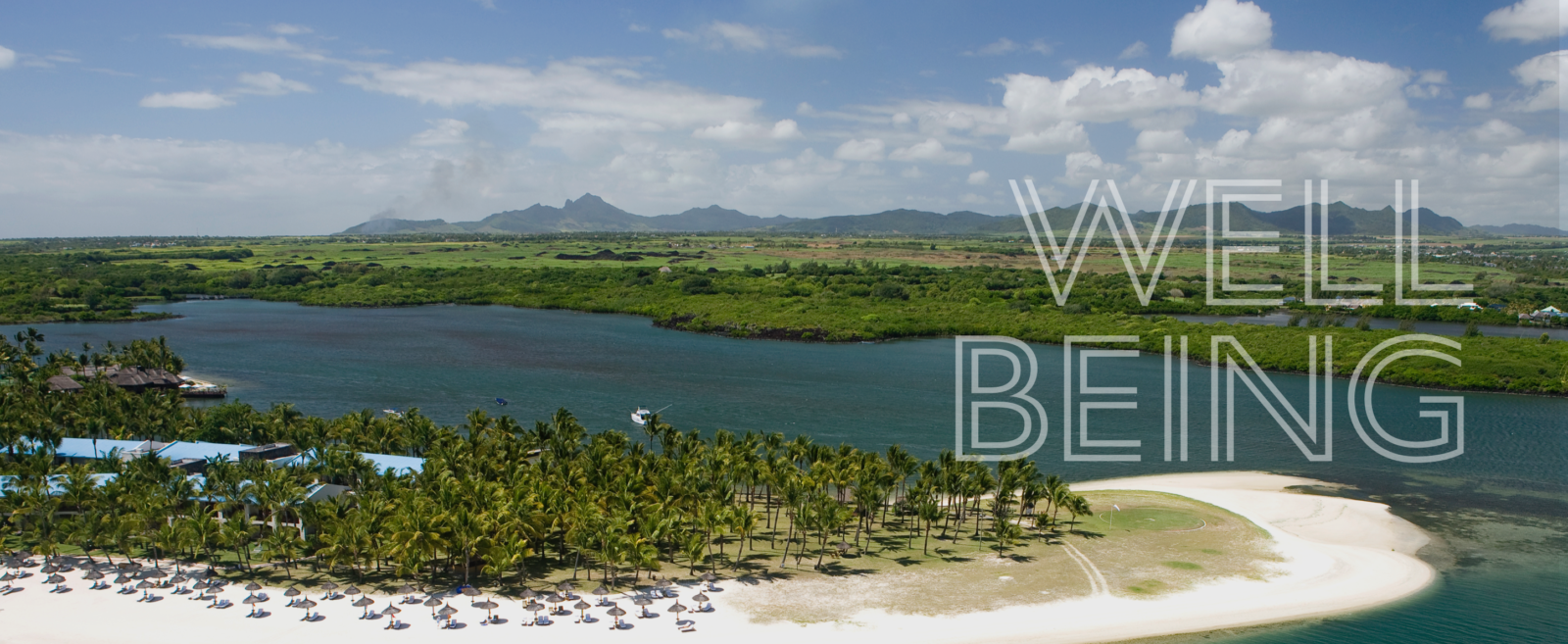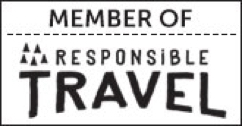Responsible Holidays and Ethical Travel
We love our planet. At The Earth Trip, our philosophy is that your holiday with us should not be at the cost of either the local communities or the environment. A commitment to responsible and sustainable tourism is part of our DNA and your holiday will be designed with this in mind. Our local partners are very well informed about the standards we have set and we ensure that they closely adhere to them.

Better Places To Live & Visit
What Is responsible Tourism?
- minimises negative economic, environmental and social impacts;
- generates greater economic benefits for local people and enhances the well-being of host communities, improves working conditions and access to the industry;
- involves local people in decisions that affect their lives and life changes;
- makes positive contributions to the conservation of natural and cultural heritage, to the maintenance of the world’s diversity;
- provides more enjoyable experiences for tourists through more meaningful connections with local people, and a greater understanding of local cultural, social and environmental issues;
- provide access for people with disabilities and the disadvantaged;
- is culturally sensitive, engenders respect between tourists and hosts, and builds local pride and confidence.
Why Responsible Tourism?
Responsible Tourism is a tourism ‘that creates better places for people to live in, and better places to visit’.
Our specialist team designs each and every holiday with responsible holidays and an ethical tourism approach.
Earth Trip organises ethical and responsible holidays to Sri Lanka, Madagascar, Seychelles, Mauritius and Maldives.
The 2002 Cape Town Declaration on Responsible Tourism in Destinations defines Responsible Tourism as follows:
“Responsible Tourism is tourism which:
- minimises negative economic, environmental and social impacts
- generates greater economic benefits for local people and enhances the wellbeing of host communities
- improves working conditions and access to the industry
- involves local people in decisions that affect their lives and life chances
- makes positive contributions to the conservation of natural and cultural heritage embracing diversity
- provides more enjoyable experiences for tourists through more meaningful connections with local people, and a greater understanding of local cultural, social and environmental issues
- provides access for physically challenged people
- is culturally sensitive, encourages respect between tourists and hosts, and builds local pride and confidence”
Travel and tourism has shifted beyond the creation of holiday experiences and connecting them with the customer. The term “travelling” has expanded and now includes lifestyle aspirations and personal enhancement. Applying Maslow’s pyramid of needs as an analogy to travel, now that our physical needs have been satisfied, we will seek emotional nourishment. Therefore, we want our travel experiences to encompass encounters that are not available for us in everyday life.
Responsible tourism satisfies these social needs through contact with local people, and takes us further up the ladder to self-actualisation and realisation through creative activities, knowledge and exploration.
Earth Trip’s mission is to bring tourists closer to local people, their traditions, customs and beliefs.
We give many opportunities for our clients to experience what the ‘real’ Sri Lanka is:
- Environment and sustainability are high on our list of concerns. We take pride in the achievement of a healthy balance between environment, local people and YOU, the tourist.
- We ensure that the hotels that we are choosing for our holidays are doing something good for the environment, from recycling to growing their own fruits and vegetables to using solar power.
- To ensure environmental awareness of our clients, we provide them with detailed environmental information about places they visit and how they can help.
- As responsible tourism guards we encourage our clients to buy souvenirs from local artists. They are handmade and unique. Checking where the product is manufactured is important before purchasing because many big hotels and shopping centres now sell souvenirs that are imported from different countries.
- One important area for sustainable tourism that we wish to highlight is ‘tea and spices’. Tea and spices are often purchased by tourists in Sri Lanka and taken home as a gift for friends or family. In our tours around Sri Lanka we encourage our clients to visit fairly-traded and organic tea and spices plantations. We also inform and advise our clients where they can buy products that have been fairly-traded.
- You have to try a king coconut drink! It is the best refreshment while travelling in and about around Sri Lanka. It is cool, refreshing and full of minerals. Most importantly, this small purchase will contribute to the small local businesses.
- “Food is our common ground, a universal experience.” James Beard (1903-1985)
Earth Trip encourages our clients to eat at least one meal per day in local restaurants. This is beneficial for both local businesses and for tourists. Local businesses will gain the economic benefits through income and tourists will get an unforgettable experience by interacting with local people.
- We inform our clients about local culture, customs, how to behave, and what to wear whilst visiting places so as not to not offend local people and their culture.
- For every holiday we organise we give the option of a stay with a local family. This is the best option to learn about the country. You can learn how to make traditional rice and curry from the locals!
- We know our products well. We give instructions and training to our employees so they can provide the best in-depth knowledge about the places that we are promoting.
- Visits to nature reserves and national parks are popular among holidaymakers to Sri Lanka. We give instructions to both our clients and guides on how to minimise the impact on environmental disturbances to the wildlife.
- We provide a list of places as well as local communities and institutions if you would like to leave donations.
Earth Trip is a responsible travel company and has confidence in our capacity to operate as one because we know the countries well. We can truly give you detailed advice about the places you want to visit that would be of benefit to locals and the environment, whilst serving your need to realise your holiday aspirations.
Show More
Projects supported by Earth Trip
Here are some examples of where you can give back to the locals during your holiday:
Sri Lanka:
- Visit the Elephant Transit Home at Udawalawa National Park. The Elephant Transit Home (ETH) is where the orphan wild elephants are treated, raised and released back to the wild. Visitors to this place can observe how the elephants are taken care of, twice a day. Unlike other places in Sri Lanka this elephant orphanage is genuinely helping animals. Here you will also learn about elephant-human problems and you can help by donating directly to the place.
- Experience an authentic village where you can purchase arts and crafts directly from the creators. You will also have many chances to try delicious, traditional food from small restaurants. The local communities will greatly benefit from the income. The local economy will also benefit as the products are grown in the regions. If you wish, we will also include an option to visit or to stay with a local family. This is a great opportunity to learn about the country. You can learn how to make traditional rice and curry from the locals!
Madagascar:
- Visit to Mitsinjo Reserve that belongs to the Andasibe – Analamazaotra National Park. It is a community-run conservation organisation working with the local communities to protect the nature and wildlife in a sustainable way. The project initially stemmed from an interest to work as guides for the growing number of tourists visiting the region, it has eventually grown into much more. In 2003 Mitsinjo Reserve gained management of Analamazaotra Forest Station and in 2005 the Torotorofotsy Ramsar Site, which are now their main focal areas for conservation, research and sustainable development initiatives.
- Visit to Anjaha Community Reserve in Madagascar. Anja Park is a great place to see ring tailed lemurs in the troops. It is a community-run initiative to protect the lemurs. Many community parks and reserves were established to protect natural resources and to empower Malagasy people with rights to their lands and the benefits of ecotourism. Anja has become a vital example of how community management of natural resources can both effectively protect the area and benefit the community.
Maldives, Seychelles & Mauritius:
- These islands are absolutely stunning and offer some of the best hotels and beaches in the world. They attract those who seek a combination of luxury and relaxation. Our team have visited and inspected the properties to determine the levels of sustainability. Fortunately, more and more hotels are very concerned about the environment and supporting local communities.
- Moreover, there is also much more beyond the hotels. We strongly recommend to our customers to see local sites, take part in cultural events and purchase local arts and crafts. Wherever possible, we recommend eating at least one meal outside the hotels to support small local businesses.
Contact us to start your journey with Earth Trip
Call us on 020 8935 5685 or email us at info@theearthtrip.co.uk
Show More
Speak To Someone Who's Been

Unsure Where To Start?
Get in touch with us and one of our travel specialists will be able to talk you through our process and your options. Begin your journey today.
Contact Us




 Responsible Travel
Responsible Travel